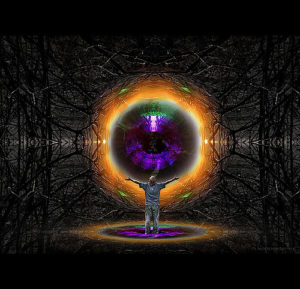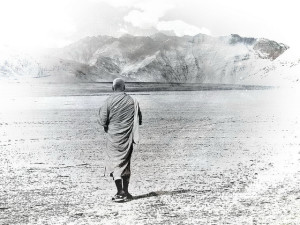The other day I was swimming in our building’s pool. After a few minutes, I noticed a stranger get into the pool and start to swim next to me. I am not sure why, but I instinctively felt the need to swim faster. After two quicker laps, I started to wonder what I was doing and how silly I was being. What had suddenly made me behave this way? My ego.
That’s what makes us feel slighted when our kids don’t necessary follow our instructions, feel upset when our colleagues give us critical feedback, or experience envy at a friend’s success.
Ego
Fundamentally, ego is a misplaced sense of self. In denial of who we truly are, ego exaggerates our sense of importance as a separate entity. It overlooks our reality as an integral part of an interconnected cosmic consciousness. Because we see ourselves in isolation of everything else, we naturally consider it our primary goal to protect and enhance ourselves.
As we grow up, the ego arising from this sense of separation gets further corrupted. Unable to emotionally cope with life’s challenges, we build a shield of unhealthy ego to protect our vulnerabilities. We show off to establish our importance; avoid an argument to protect ourselves from the risk of being disliked; and judge others to protect and enhance our self-image.
Ego is central to unhappiness
Ego makes us self-absorbed. We become too attached to the ideas of ‘I’, ‘me’ and ‘mine. We obsess about benefitting from all our actions. This is a key source of stress in our life. Since we cannot control all outcomes, results that differ from our desires routinely create anxiety, anger and sadness.
Besides, we take everything personally. We perceive our lucky breaks as a product of our smarts and the unfavourable events as a reflection of our limitations. This further bruises our emotional well-being. Obsessed with our individuality and free will, we fail to recognize the role of cosmic intelligence in…




















